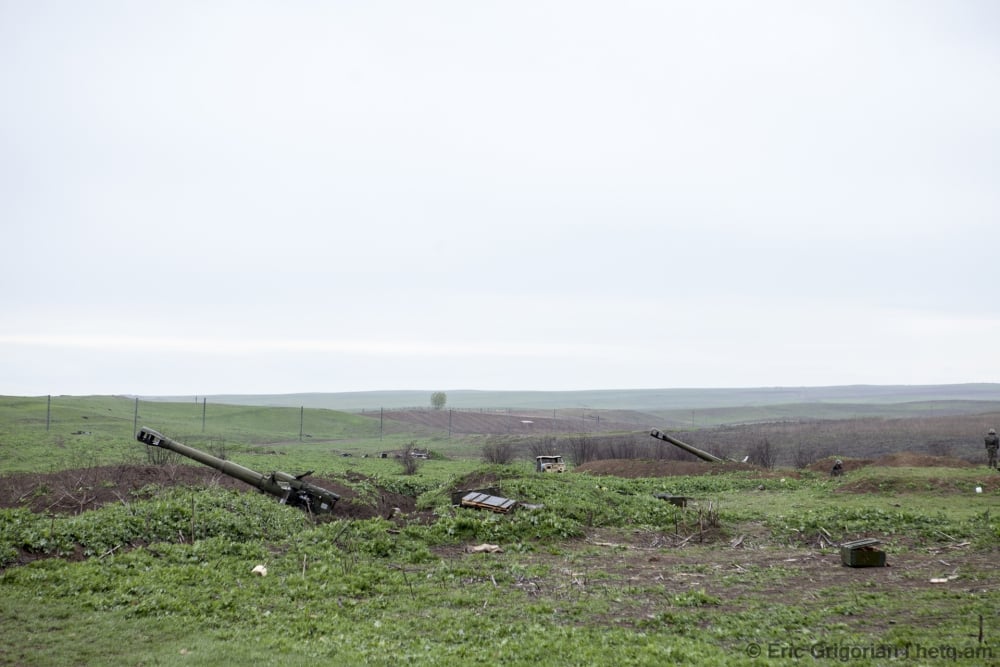
When war arrives, people are not ready. Most importantly, on one hand, at that moment they are motivated to do something. On the other hand, they become more emotional. All this becomes very dangerous when people have social networking sites at their fingertips. Since they appear immediately in a difficult situation: on one hand, they have to know what’s happening; on the other hand, they want to share this with others. Under these circumstances, one must be able to distinguish sources that, for the most part, can be divided into a few groups: each one with its own problems.
A. Official data from your own country. Here there are a number of issues: official information is often late. Some information is concealed, proceeding from confidentiality concerns. Some information may be concealed also on an arbitrary basis or to avoid panic. In addition, some information may be deliberately distorted — to mislead the opponent, to have a propaganda or psychological effect, or for other reasons.
B. Information from the opponent. This type of information is often structured in such a way as to have a psychological effect on the opponent’s public; that is, on you. Besides, added to this are all the other problems connected to Point A above.
C. Information disseminated by the media. Here begins the most difficult, as media outlets are very different and report incorrect information, since
- actually, they’re not a media outlet but baboons.
- they’re not professional or they are semi-professional, which in journalism is the same thing.
- they spread willful misinformation.
- they consider that they’re participating in information warfare and spread misinformation, having good intentions.
- media outlets receive incorrect information from their sources.
D. Social networking sites. Here the real nightmare begins because
- there are many social networking sites, and they share different types of information. It’s hard to go after all of them — though there is the desire to do so. And, as a result, a person’s consciousness very quickly becomes overloaded with large amounts of information, which begin to stupefy, bore, and grind them down.
- on social media, everyone is succumbs to the emotional, which becomes a major challenge for someone who’s also given to those same emotions. It’s one thing if you’re emotional, but another if the person before you is: this is often hard to bear.
- on social media, everyone is an expert, including you. And a society where everyone is an expert has no future.
- during a war, everyone writes more often than during times of peace. In addition, writing during this period are also those who usually only read. As a result, the number of posts becomes so great that people are unable to comprehend what has happened.
- social networking sites are swarming with the enemy’s agencies. Regardless of how ridiculous this may sound, it is the absolute reality.
The diversity of these sources, and the amount and quality of information cause serious problems for not only ordinary people, but also journalists. Naturally, there are professional tools and resources for verifying information. But there are several measures of “informational hygiene” you can take:
- Try as much as possible to think and succumb to emotions less. It might seem very abstract, but this is the only way to differentiate the wet from the dry. A person overcome with emotion begins to perceive as true only information that agrees with them.
- Realize that true information might also be not agreeable. In a war situation, there are no events that are satisfactory to only one side.
- Perceive any information initially as possible, not a true fact; try to check it from several sources.
- Don’t use unfamiliar sources seen from the first time.
- Don’t use sources that publish sensational headlines.
- Become familiar with the opponent’s official statements and media outlets’ data, but presume they’re lies until you get information from other, more reliable sources.
- Choose a few reliable sources: those media outlets and experts who over time have managed to prove that they disseminate only verified information, and they inform readers if they make a mistake.
Finally and importantly, if you’re not absolutely convinced that the information is true, don’t rush to share it on social media. Remember that at times like these each person on social media becomes a news outlet for others. And this also means responsibility.
Samvel Martirosyan
The views expressed in the column are those of the author's and do not necessarily reflect the views of Media.am.


misinformation
Bravo, Samvel!